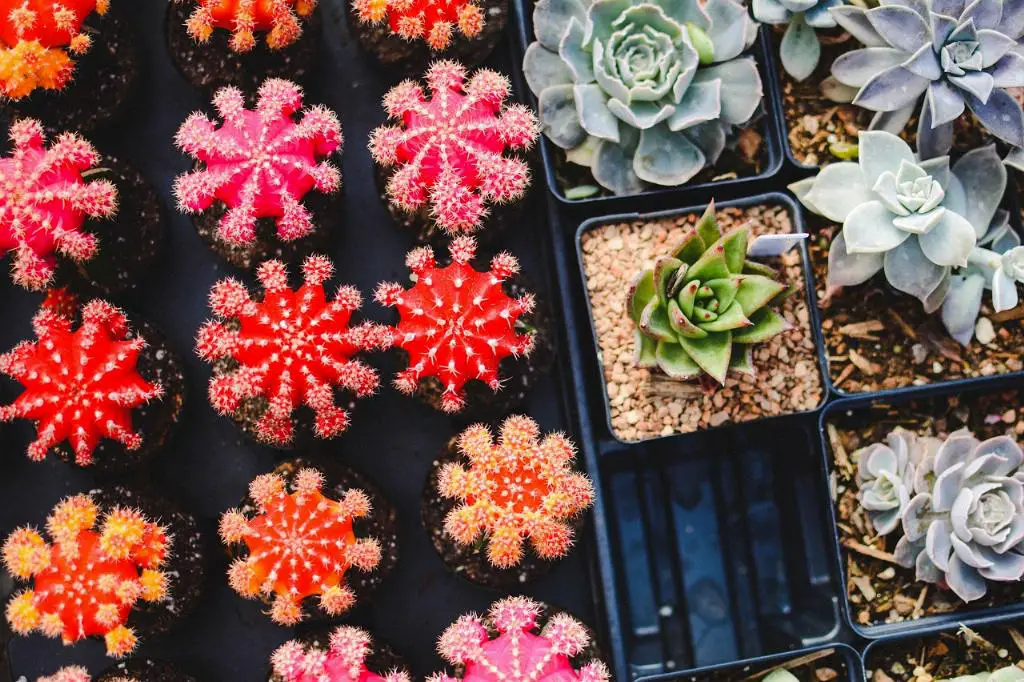When it comes to the safety of our feline friends, it’s essential to be aware of the potential dangers that some plants can pose to them. Succulents, known for their drought-resistant nature and unique appearance, have gained popularity in recent years as trendy indoor plants. However, it is crucial to understand that not all succulents are safe for cats.
Some succulents are toxic to cats, meaning that they can cause a range of symptoms from mild irritation to severe illness if ingested. Among the common toxic succulents that pet owners should be cautious of are Aloe Vera, Crassula (Jade), Euphorbia (such as Pencil Cactus or Crown of Thorns), Kalanchoe, and Sansevieria (Snake Plant). These plants contain substances that can be harmful to cats when consumed.
One of the primary concerns with toxic succulents is that they can trigger allergic reactions in cats. Cats that come into contact with these plants or ingest them may exhibit symptoms of allergies, such as skin irritation, itching, swelling, or respiratory issues. These allergic reactions can vary in severity, depending on the plant and the individual cat’s sensitivity.
It’s important for cat owners to be vigilant and proactive in identifying and removing toxic succulents from their homes to prevent potential allergic reactions in their pets. By being aware of the plants that pose risks to cats and creating a safe environment for them, owners can help ensure the well-being and health of their feline companions.
If a cat shows signs of an allergic reaction after being in contact with a succulent, it is crucial to seek veterinary care immediately. A veterinarian can provide guidance on the best course of action to treat the allergic symptoms and ensure the cat’s recovery. Early intervention is key in managing allergic reactions and preventing any further complications.
While some succulents can be harmful to cats, not all succulents pose a threat. There are pet-friendly succulent options that cat owners can consider incorporating into their homes. Safe succulents for cats include Haworthia, Christmas Cactus, Burro’s Tail, and Spider Plant, among others. These non-toxic succulents can be a lovely addition to a cat-friendly household.
Creating a cat-friendly indoor environment involves not only selecting safe plants but also ensuring that the living space is free of hazards that can harm feline companions. By taking proactive measures to remove toxic plants and provide safe alternatives, cat owners can minimize the risk of allergic reactions and toxicity in their pets.
In conclusion, while some cats may be allergic to certain succulents, the key lies in identifying and avoiding toxic plants that can trigger allergic reactions. Through awareness, education, and responsible pet ownership, cat owners can create a safe and harmonious living environment for their beloved feline friends, where they can thrive and stay healthy.

